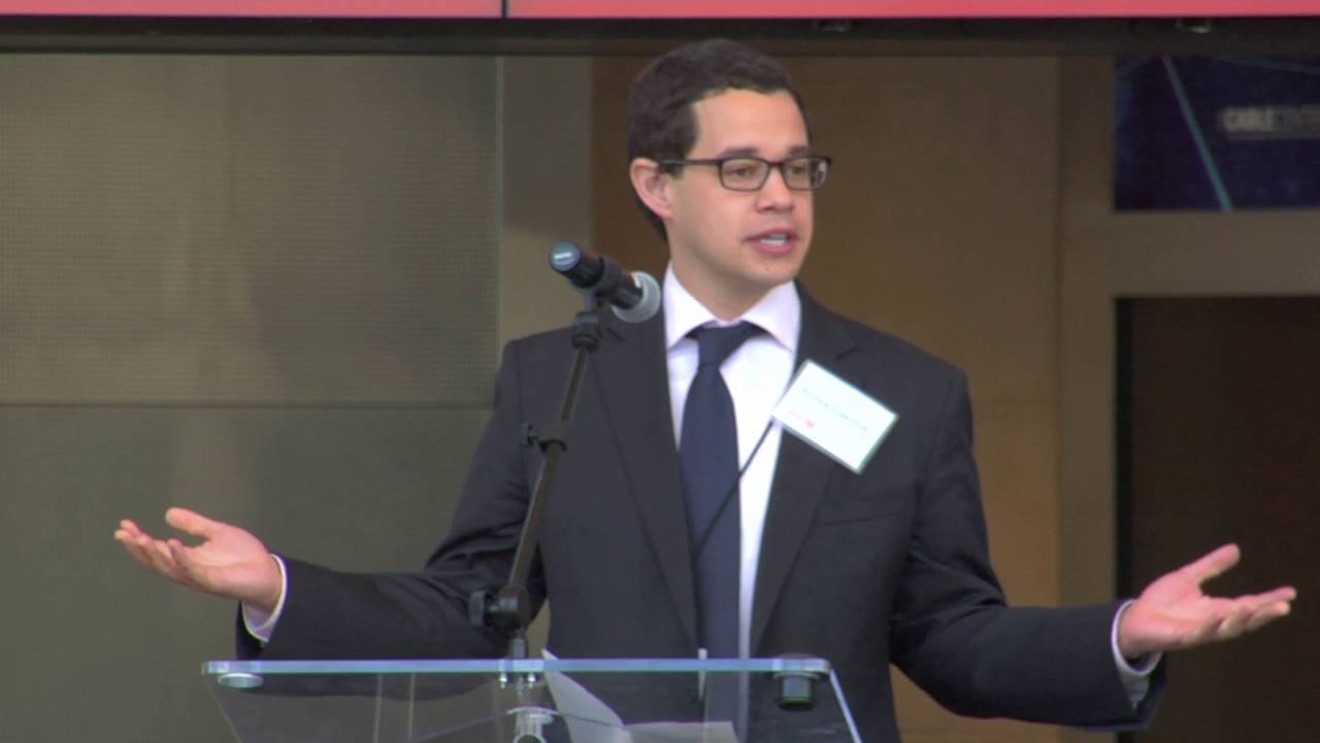I was Governor Hickenlooper’s Director of Marijuana Coordination at the time. The woman was in my office because she wanted access to our certified testing labs in order to test the marijuana she was administering to her child.
She was not a faithful believer in the healing power of marijuana. She did not want to be making decisions about her son’s health based on anecdotes from marijuana growers and Internet message boards. She wanted data, research, studies. And we, the government, had failed her.
The medical marijuana movement is a stunning rejection of American technocracy and representative government. Where our leaders and government-led scientific institutions have declared unequivocally that there is no accepted medical use for marijuana, voters across the country have disagreed so fervently that they decided to ignore government and doctor’s orders and declare it a medicine anyway.
Medical marijuana has been around since 1996. In the intervening 22 years, the federal government has stubbornly stuck to its position: There is no accepted medical use for this drug. They have labeled marijuana a Schedule 1 Drug, a classification that means that potential for abuse is extremely high, and there is no medical use. Other Schedule 1 Drugs include heroin, LSD and cocaine. Meanwhile, Schedule 2 Drugs, also seen as very dangerous but with an accepted medical use, includes opium and morphine. The impact of the Schedule 1 classification is that labs across America have had essentially no ability to research marijuana while millions of people are using it to medicate themselves or their children.
During the Obama administration, the Drug Enforcement Administration decided marijuana should remain a Schedule 1 Drug since the Food and Drug Administration had not approved any medical uses to date. Never mind the fact that the reason there has not been FDA-approved studies on the medicinal uses of marijuana is because such studies are largely prohibited because of its Schedule 1 classification. If that sentence looks like government double-speak to you, that’s because it is.

The federal government still classifies marijuana as a substance with no medical value.
iStock/cyano66
I was amongst the thousands of individuals and organizations who submitted my input. I did so with Dr. Jerry Bryant, the Chief Scientific Officer for Vyripharm, a biopharmaceutical company devoted to bringing scientific rigor and quality control to the use of marijuana as a medicine.
The letter was not intended to promote Vyripharm. There are other biopharmaceutical companies with technologies that will prove very useful in this area. We presented a quick overview of two of Vyripharm’s products only to help us demonstrate the value rescheduling would have on promoting public health and public safety.
Vyripharm has two technologies I desperately want available to the mother who has to administer marijuana to her child. First, a molecular imaging agent that bonds to cannabinoids and measures the effectiveness of the drug in real time. This solves the problem of diagnosis and therapeutic dosing errors by providing molecular diagnostic and personalized targeted therapy for patients suffering from neurological disorders and cancers. Second, a fully comprehensive block-chain botanical testing and evaluation platform that would ensure that the marijuana delivered to the patient met pharmaceutical-grade standards.
Even with the severely restricted ability to research the medicinal uses of marijuana, the research Vyripharm has completed to date has yielded positive initial results in the use of cannabinoids in applications for neurologic disorders including, but not limited to, post-traumatic stress disorder (“PTSD”) epilepsy, metabolic disorders, and cancers. The scientific community has begun to accept this research as valid. Vyripharm has already been accepted to present their findings at nine highly respected scientific conferences.
It is simply time for the federal government to acknowledge that marijuana has medical uses. It should be enough that most of America has declared that marijuana can be medical. But if that isn’t scientific enough, research coming from biopharmaceuticals such as Vyripharm have proven that there are medical applications for marijuana.
I am concerned that as states take on more liberal laws, and as people start to view marijuana more favorably, there is not enough research being conducted to determine both positive medical uses and negative health consequences. Without this research, individuals and states are making decisions based on anecdotal evidence alone. I believe that a shift in federal policy to allow for responsible research will significantly aid public well-being. Additionally, if done correctly, better controlling the medical marijuana supply chain will lead to significantly less diversion.
I understand the frustration of the mother across the table. I need you to know I am not a hippie or fanatical believer in the healing power of marijuana. But it is far past time to research medical marijuana.
Andrew Freedman is the former director of marijuana coordination for the State of Colorado and a principal at the cannabis policy consulting firm of Freedman & Koski, Inc. Vyripharm is a client of Freedman & Koski.
Westword occasionally published op eds on issues of interest to the community. Send queries or submissions to [email protected].











